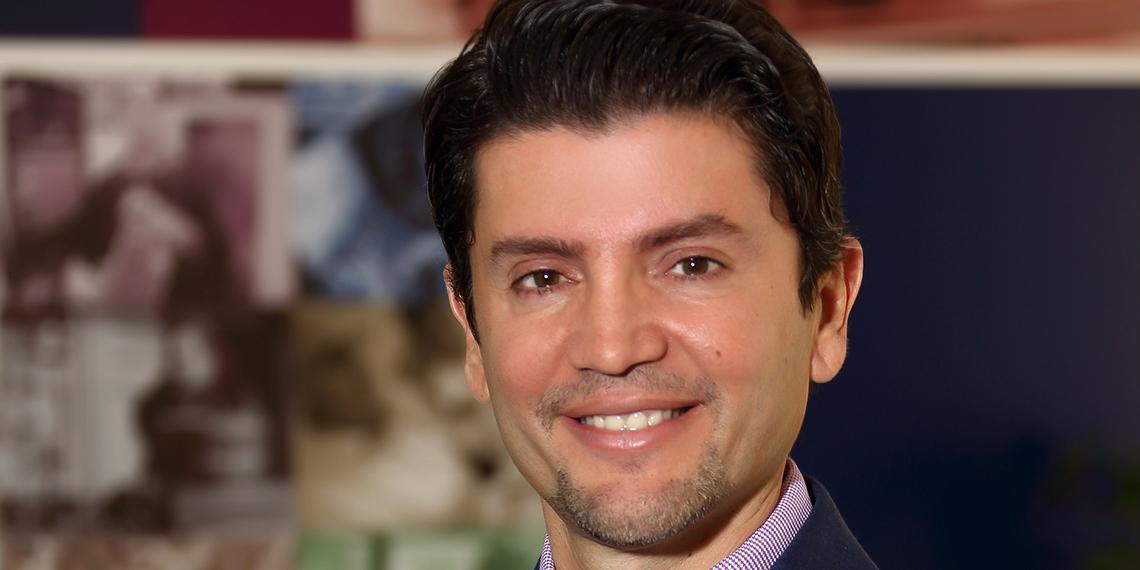It's 2017 and around the world, companies and industries are making steps towards sustainable, socially responsible solutions and practices. Gone are the days of advanced technologies being reserved for the world's most privileged patrons; now, as humanitarian and environmental movements continue to gain global attention, the companies that create and provide these technologies are realigning their sights. Corporate Social Responsibility (CSR) has become a top priority for organizations everywhere - and in the ICT industry, it has proven to be especially important.
A strong example of a nation adopting greater social responsibilities is the UAE, with the recently announced vision by His Royal Highness Sheikh Khalifa bin Zayed Al Nahyan as the Year of Giving 2017. Where the main focus of the year will be promoting how everyone across the UAE can make a difference to their own and other's lives through ‘Giving'. In light of this vision, we at Ericsson are working on further developing our many initiatives for the greater good and increasing our responsible business. These areas rely heavily on ICT innovations and solutions, which places a high level of responsibility on ICT industry players to contribute to the global good in each of these respects.
The role of ICT in making the world a better place is substantial and undeniable - and companies like Ericsson are taking this responsibility to heart. Starting internally, Ericsson established a Technology For Good employee volunteer program in the Middle East in 2015. The program provides employees with opportunities to volunteer their time and skills to a wide variety of projects that make a positive contribution to society. In the UAE, a large part of the Year of Giving 2017 plan is volunteering, through time, skills, knowledge and energy.
As the refugee crisis continues to grow, with wars and conflict forcing more people from their homes than at any other time in history, Ericsson has been striving to make a difference through Region middle East and East Afria. The value of giving is ingrained in the UAE thanks to the founding father Sheikh Zayed. As a company Ericsson plan to continue to make a difference in people's lives, societies and nations and further assist thousands of forcibly displaced families, which have successfully resulted in hundreds of reconnections.
Especially in the ICT industry, conducting business responsibly must become a top priority for organizations around the world. Ericsson as a company plan to be a part of the progression of ICT benefits within the UAE's 2021 vision where some of the country's main focus include sustainable environments, infrastructure and first-rate educational systems. This approach will deliver new business opportunities, greater efficiency, less risk, greater brand value, market leadership, employer attractiveness, and boosts long-term competitiveness. Ultimately, adhering to sustainable and socially responsible practices is advantageous for everyone: the company, the industry, and the community.
Beyond making strides to resolve humanitarian issues on a regional scale, Ericsson has also been working to address one of the world's most fundamental issues: gender inequality. Diversity and inclusion strategies are advantageous for any business internally; but Corporate Social Responsibility entails looking outside of an organization's own workforce and finding ways to better the global community.
In several countries in the MENA region, women and girls face many obstacles in achieving their full potential. Particularly in the ICT industry, men outnumber women in many positions - so in an effort to enable young women in the region to overcome gender adversity, especially in a majority male field, Ericsson created its Women in ICT program. Through the program, events like "Girls in ICT Days"have taken place across the region. The positive repercussions of this initiative are clear: in Sudan and Jordan, attendees were inspired by women leaders in the industry, who gave their perspectives on the importance of female participation in ICT. The UAE has a strong vision for united knowledge by 2021.
Ericsson's 2016 Sustainability and Corporate Responsibility Report details the 17 global goals laid out by the UN to reach these objectives, as well as the products, services, and solutions that can help achieve them. Examples of these include using Managed Rural Coverage to provide affordable and clean energy, using Mobile Financial Services to reduce financial inequalities around the world, using the Connect to Learn program to provide quality education and promote gender equality, and many others.
Some of these fall under Ericsson's Technology for Good program, whose initiatives positively impact 89 million people around the world. Sustainability and Corporate Social Responsibility are central to Ericsson's core business, which aims to create positive impacts for stakeholders while managing environmental, social, and ethical risks.
Especially in the ICT industry, conducting business responsibly must become a top priority for organizations around the world. This approach delivers new business opportunities, greater efficiency, less risk, greater brand value, market leadership, employer attractiveness, and boosts long-term competitiveness. Ultimately, adhering to sustainable and socially responsible practices is good for everyone: the company, the industry, and the community.
